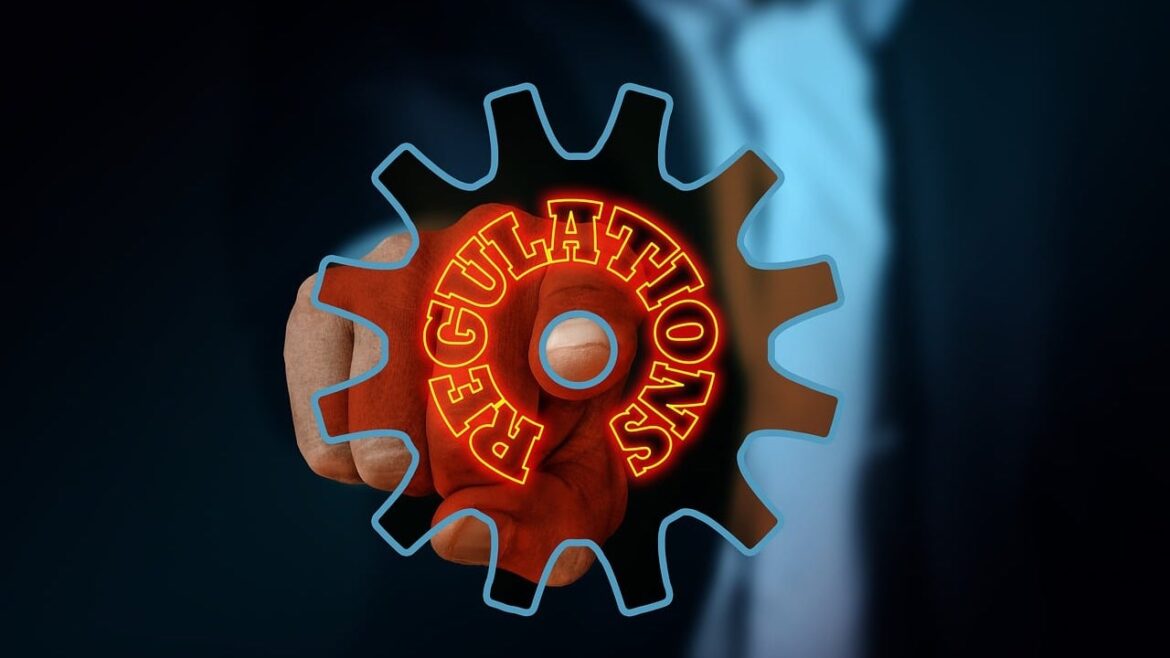Gold has all the potential to go unprecedentedly high. But silver will be gold on
Site:
Precious metals news
 UBS’s Kelleher Says Credit Suisse Integration Bigger Than 2008 Crisis Deals
UBS’s Kelleher Says Credit Suisse Integration Bigger Than 2008 Crisis DealsMar 29, 2023 - 05:27:15 PDT
UBS Group AG Chairman Colm Kelleher said that the task of integrating Credit Suisse Group AG is bigger than any deal that was executed during the height of the financial crisis in 2008, underlining the magnitude of the task facing Sergio Ermotti.
U.S. stock index futures climbed on Wednesday as easing worries about a banking crisis lifted risk sentiment, while investors awaited economic data to assess the Federal Reserve's monetary policy path. Market jitters about stress in the banking system have been soothed in recent days by a U.S. regulator-backed sale of failed lender Silicon Valley Bank's assets as well as lack of ...
Tennessee Gov. Bill Lee has signed a bill into law that creates a process for the state to buy, sell, and hold gold and silver. This sets a foundation for Tennessee to achieve more financial independence with gold and silver reserves and could help undermine the Federal Reserve’s monopoly on money.
Could the commercial real estate market be the next thing to break in this bubble economy?The rampant money creation and zero percent interest rates during the COVID pandemic on top of three rounds of quantitative easing and more than a decade of artificially low interest rates in the wake of the 2008 financial crisis created all kinds of distortions and malinvestments in the economy and the financial system. It was inevitable that something would break when the Federal Reserve tried to raise interest rates in order to fight the price inflation it caused with its loose monetary policy.
The seasonally adjusted Money Supply in February fell $121B and the Money Supply in January was revised from positive $31B to -$142B. This is a major revision and now means the Money Supply has fallen for seven straight months.
Central banks have been gobbling up gold. On net, central banks bought 1,136 tons of gold in 2022. It was the highest level of net purchases on record dating back to 1950 and the 13th straight year of net gold purchases.The question is will central banks continue to have an appetite for gold through 2023?
In the aftermath of the failure of Silicon Valley Bank and Signature Bank, everybody is trying to figure out what happened, who's to blame, and what can be done to prevent it from happening again. One of the most popular "solutions" is more bank regulations. But in his podcast, Peter Schiff explained why regulations are the problem, not the solution.
With Central Banks' purchases of the precious metal in 2022 the highest on record, the case for Gold remains for 2023.
The Federal Reserve’s balance sheet grew by $394B in the past two weeks. In the context of all G4 central banks, this move alone erases half of all quantitative tightening (QT) progress since the beginning of the year. A directional change like this could indicate the end of a short quantitative tightening cycle. \
China’s February net gold imports via Hong Kong nearly tripled from the previous month, surging on the back of a rebound in demand post Lunar New Year celebrations and a drop in bullion prices through the month.
With Lebanon and the world witnessing a financial crisis, international investors focus on gold.
The Lebanese people and the country’s diaspora are increasingly worried about their savings in banks, as many panic given the current problems in Lebanon’s banking sector.
 This Is Not Another Banking Crisis, Analysts Say — It’s ‘Sentiment Contagion’ Instead
This Is Not Another Banking Crisis, Analysts Say — It’s ‘Sentiment Contagion’ InsteadMar 28, 2023 - 12:58:37 PDT
Friday's plunge in Deutsche Bank's share price — despite relatively strong capital and liquidity positions — left many market watchers confounded.
Christian Laggard raised interest rates by 50 bps last week, and Mr. Powell decided to raise the Fed Funds Rate by 25bps today and to keep the Quantitative Tightening Program at its current pace. It is hysterically funny that the Fed and ECB both contend that they can fight inflation while also ensuring financial stability. Such a contention reeks of manure so much that only a dung beetle could endure it.
 "Economic Headwinds Are Building" - Jeff Gundlach Warns Of Imminent Recession
"Economic Headwinds Are Building" - Jeff Gundlach Warns Of Imminent RecessionMar 28, 2023 - 12:36:55 PDT
Echoing his comments from earlier this month, 'Bond King' Jeff Gundlach warns of an imminent recession - within the next few months - as the yield-curve suddenly steepens...
Sure, central banks are likely going to bail out markets again if necessary. But that doesn't mean something isn't still going to break.
This chart shows FOMC members' projections for the appropriate target level of the federal funds rate at the end of the specified year.
The U.S. dollar is the dominant currency in the global financial system, but some countries are following the trend of de-dollarization.
Given its role as the world’s primary reserve currency, the importance of the US dollar in the global economy cannot be understated. It’s estimated as many as 90% of all international trades involve the greenback.
Mar 28, 2023 - 11:59:28 PDT
Consumer considence (according to the Conference Board) remains below pre-Covid levels despite the massive Federal spending spree and Fed money printing).
In the original article I shared what I thought would be the 10 most important charts to watch for global multi-asset investors in the year ahead (and beyond). In this article I have updated those 10 charts, and provided some updated comments.






